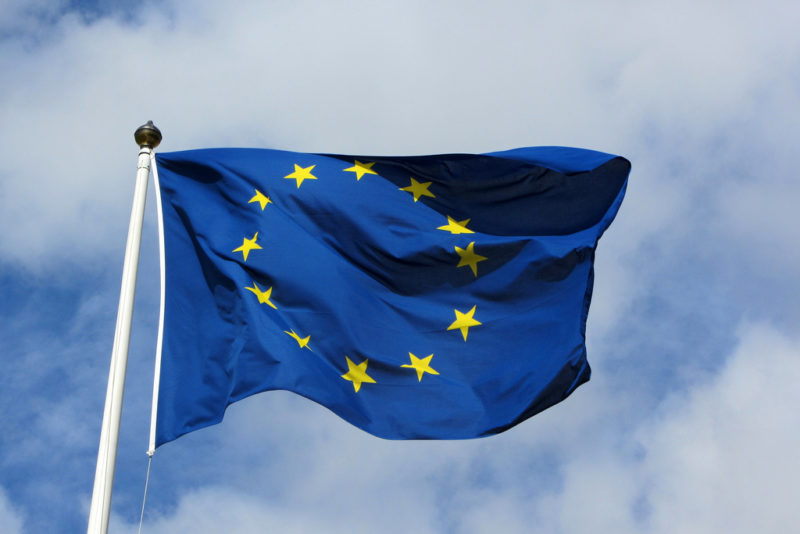Vicky Foxcroft MP for Lewisham Deptford & Shadow Minister for Disabled People
Today MPs are debating and voting on the second reading of the Internal Market Bill, which you may have heard a lot about in recent days.
Essentially, the bill sets out the Government’s plans for trade in the UK after the Brexit transition period ends on December 31st 2020.
At that point, powers exercised at EU level will be handed back to the UK. In areas where EU law intersects with the current powers of the devolved institutions, EU powers will transfer to Scotland, Wales and Northern Ireland. However, the UK and devolved governments have agreed that in some areas new UK-wide ‘common frameworks’ will be needed to ensure consistency or co-ordination.
The Internal Market Bill is the UK government’s attempt to set out the arrangements for how this will continue after the transition period. The bill aims to maintain the joined-up market to ensure all four of the UK’s nations are not limited by regulations determined by each devolved administration. It also aims to guarantee the international community has access to the UK as a whole, knowing the standards and rules are the same throughout.
However, controversy arises from the fact that the bill overrides parts of the Withdrawal Agreement (WA) – and therefore international law – as ministers could have the power to “disapply” previously agreed rules relating to the movement of goods, including under the Northern Ireland protocol.
It also says ministers can provide financial assistance to any person or company, which could mean it is overriding state aid rules set out in the Withdrawal Agreement.
My Labour colleagues and I – along with a number of current and former Tory MPs – have expressed concerns about the bill. We are in the middle of a public health emergency and an economic crisis. Time is running out on a deal that will see Britain prosper; we need competence and consensus, not legislation that knowingly and openly breaks international law and will frustrate the process of getting a deal.
Boris Johnson negotiated and signed the WA himself, but he is now saying it contains serious problems that could break up our country. That’s a huge admission of failure on his part. By disregarding an international treaty he personally negotiated and signed up to, he is undermining our standing in the world.
This is not about Leave versus Remain. That debate is over – we have left the EU. Labour wants to get a Brexit deal and get on with tackling the coronavirus crisis. The Government must deliver what it promised – a Brexit deal in place for January 1st.
The legislation also risks the integrity of the Union by undermining the devolution settlement. Boris Johnson has called himself the ‘minister for the Union’, but a truly unionist government would only develop legislation with the informed consent of devolved administrations.
We have tabled the following reasoned amendment, declining to give the bill a second reading and setting out our reasons:
That this House notes that the UK has left the EU, calls on the Government to get on with negotiating a trade deal with the EU, recognises that legislation is required to ensure the smooth, effective working of the internal market across the UK, but declines to give a Second Reading to the Internal Market Bill because this Bill undermines the Withdrawal Agreement already agreed by Parliament, re-opens discussion about the Northern Ireland Protocol that has already been settled, breaches international law, undermines the devolution settlements and would tarnish the UK’s global reputation as a law-abiding nation.
We have also tabled a number of amendments on the following:
- Limiting ministerial powers to override commons frameworks,
- Increasing the powers of the Competition and Markets Authority so that it has a duty to consult with all relevant national authorities and produce monitoring reports on changes in standards, along with assessments of whether standards have been met.
- Providing for a policy framework for the allocation of financial assistance under Part 6 of the bill, which allows us to argue for financial assistance that takes into account the needs of deprived areas.
- Ensuring that devolved administrations in Scotland, Wales and Northern Ireland are funded to provide financial assistance under this Act and that they retain their current powers over devolved matters.

